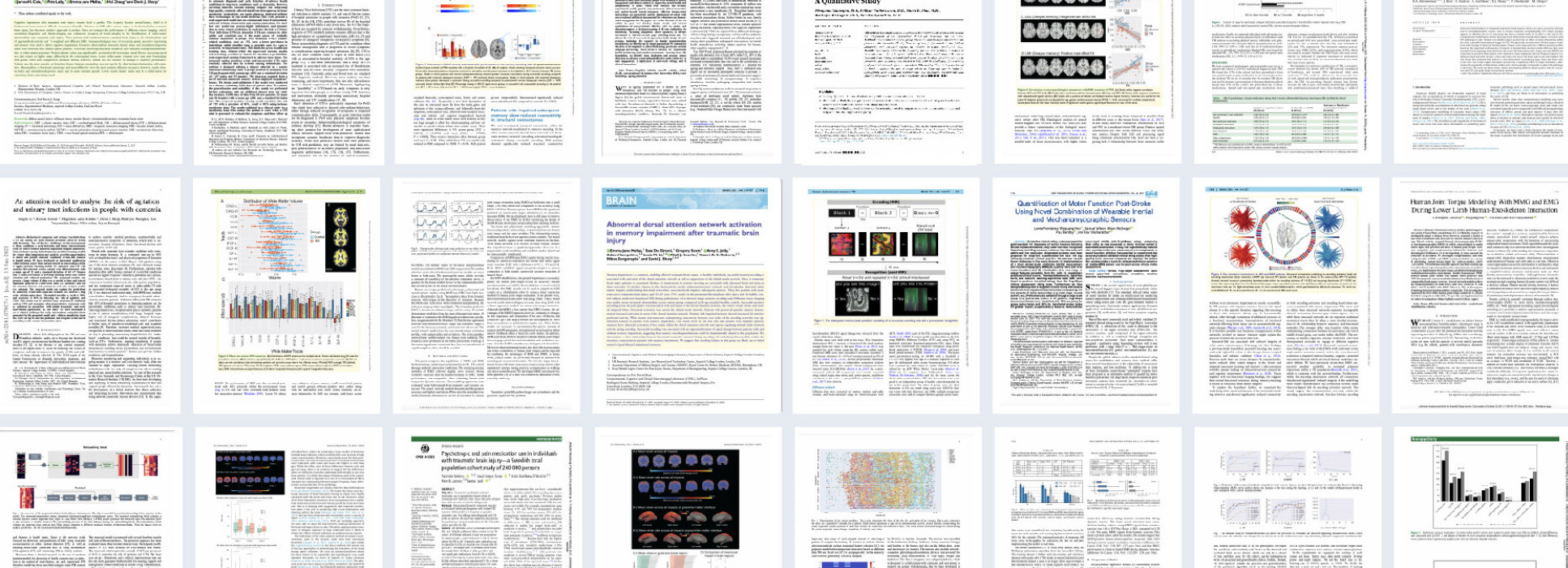BibTex format
@article{Kirby:2024:10.2196/48292,
author = {Kirby, P and Lai, H and Horrocks, S and Harrison, M and Wilson, D and Daniels, S and Calvo, RA and Sharp, DJ and Alexander, CM and Kirby, P and Lai, H and Horrocks, S and Harrison, M and Wilson, D and Daniels, S and Calvo, RA and Sharp, DJ and Alexander, CM},
doi = {10.2196/48292},
journal = {JMIR Aging},
title = {Patient and public involvement in technology-related dementia research: a scoping review},
url = {http://dx.doi.org/10.2196/48292},
volume = {7},
year = {2024}
}
RIS format (EndNote, RefMan)
TY - JOUR
AB - Background:Technology-related research for people with dementia and their carers often aims to enable people to remain living at home for longer and to prevent unnecessary hospital admissions. To develop research that is person-centred, effective and ethical, patient and public involvement (PPI) is necessary, though may be perceived as more difficult with this cohort. With recent and rapid expansions in health and care related technology, this review explores how, and with what impact, collaborations between researchers and stakeholders such as people with dementia have taken place.Objective:To describe approaches to PPI used to date in technology-related dementia research, along with the barriers and facilitators and impact of PPI in this area.Methods:A scoping review of literature relating to dementia, technology and patient and public involvement was conducted using Medline, PsycINFO, EMBASE and CINAHL. Papers were screened for inclusion by two authors. Data was then extracted using a pre-designed data extraction table by the same two authors; a third author supported resolution of any conflicts at each stage. Barriers and facilitators of undertaking PPI were then examined and themed.Results:Thirty-one papers were included for analysis. The majority (21/31) did not make clear distinctions between activities undertaken as PPI and activities undertaken by research participants, and as such their involvement did not fit easily into the NIHR definition of PPI. Most of this mixed involvement focused on the reviewing or evaluating of technology prototypes. A range of approaches was described, most typically using focus groups or co-design workshops. Nine studies described involvement at multiple stages through the research cycle, sometimes with evidence of sharing of decision-making power. Some studies commented on barriers or facilitators to effective PPI. Challenges identified were often around issues of working with people with significant cognitive impairments, and
AU - Kirby,P
AU - Lai,H
AU - Horrocks,S
AU - Harrison,M
AU - Wilson,D
AU - Daniels,S
AU - Calvo,RA
AU - Sharp,DJ
AU - Alexander,CM
AU - Kirby,P
AU - Lai,H
AU - Horrocks,S
AU - Harrison,M
AU - Wilson,D
AU - Daniels,S
AU - Calvo,RA
AU - Sharp,DJ
AU - Alexander,CM
DO - 10.2196/48292
PY - 2024///
SN - 2561-7605
TI - Patient and public involvement in technology-related dementia research: a scoping review
T2 - JMIR Aging
UR - http://dx.doi.org/10.2196/48292
UR - http://hdl.handle.net/10044/1/109379
VL - 7
ER -




